Register for $1 and receive early access to our pre-orders, and also receive VIP discount pricing.
Register now to get your name on our email list, our order window will open on February 18th, 2025 at 8:00 AM EST
We will send out an email to all who have preregistered to ensure you get your order processed on our limited run Shibuya.
You can also pre-register at our Indiegogo page at https://www.indiegogo.com/projects/–3053256/coming_soon/x/37958630
Our goal is to start shipping our pre-orders in July 2025.
You will be able to get hands on with the watch for the first time at the Vancouver Timepiece Show which is running from April 25th to the 27th at the Pipeshop at Shipyards in north Vancouver.
39mm case
Miyota 9039 Premium Automatic Movement
200M Water Resistance
Screw down engraved crown
20mm Lug Width
49mm Lug to Lug
AR Coated Sapphire Glass
BGW9 – Super Luminova
Full Lume Block Markers
Quick Release Straps and Bracelet
Only 11mm case thickness
Will be available with a full Grade 5 Titanium Bracelet, FKM Rubber Strap, or a Textile/Leather Strap.
Retail pricing – Full Titanium Bracelet $1360 CAD- $950 USD
– FKM Rubber Strap $1180 CAD – $825 USD
– Textile & Leather Strap – $1180 CAD – $825 USD
Pre-orders will receive a discount on the retail pricing.
Why why choose Grade 5 Titanium
Grade 5 titanium (also known as Ti-6Al-4V) is considered superior to Grade 2 titanium (pure titanium) in many applications due to a combination of enhanced mechanical properties, versatility, and strength-to-weight ratio. Here’s a breakdown of why Grade 5 is superior over Grade 2:
1. Strength
- Grade 5 titanium is an alloy composed of 90% titanium, 6% aluminum, and 4% vanadium. This composition significantly increases its strength compared to pure titanium.
- Grade 2 titanium is commercially pure titanium, meaning it doesn’t contain any alloying elements. While it is known for good strength relative to its weight, it doesn’t reach the high-strength levels of Grade 5.
2. Weight-to-Strength Ratio
- Grade 5 has a much higher strength-to-weight ratio, meaning it can withstand greater stresses and loads while still being relatively light. This makes it ideal for aerospace, medical, and high-performance applications where both strength and weight are critical considerations.
3. Corrosion Resistance
- Both Grade 2 and Grade 5 titanium offer excellent resistance to corrosion, including in marine and industrial environments. However, Grade 5 might exhibit slightly less corrosion resistance than Grade 2 due to the presence of alloying elements, though the difference is generally minor and won’t be significant in most applications.
4. Durability and Fatigue Resistance
- Grade 5 titanium is known for its high fatigue resistance, meaning it can endure repeated cycles of stress without failing. This makes it especially valuable in applications where components experience fluctuating loads or vibrations, such as in aircraft structures and engine components.
- Grade 2 titanium also has good fatigue resistance but doesn’t match the performance of Grade 5 in high-stress environments.
5. Temperature Resistance
- Grade 5 titanium performs better at higher temperatures compared to Grade 2, due to the alloying elements like aluminum and vanadium. This makes Grade 5 suitable for applications in engines, turbines, and other high-temperature environments where Grade 2 might be prone to weakening.
6. Applications
- Grade 5 titanium is more widely used in aerospace, medical devices (such as implants and prosthetics), marine, and automotive industries due to its higher strength and versatility. It’s also used in high-performance engineering applications such as sporting equipment, aircraft parts, and high-end bicycle frames.
- Grade 2 titanium, while it has excellent corrosion resistance, is mainly used in situations where high strength is less critical, such as in chemical processing, food processing, and other applications requiring high corrosion resistance but not necessarily high mechanical strength.
7. Machinability
- Grade 2 titanium is easier to machine compared to Grade 5 because it’s more ductile and doesn’t have the added hardness of the alloying elements in Grade 5. However, the added difficulty in machining Grade 5 is often considered a worthwhile tradeoff given its superior performance characteristics.
Summary
Grade 5 titanium’s superior mechanical properties—especially its higher strength, improved fatigue resistance, and better temperature tolerance—make it a more versatile material in demanding applications. Grade 2 titanium, while still excellent in terms of corrosion resistance and workability, is generally not as strong or durable as Grade 5, limiting its use in high-performance applications.

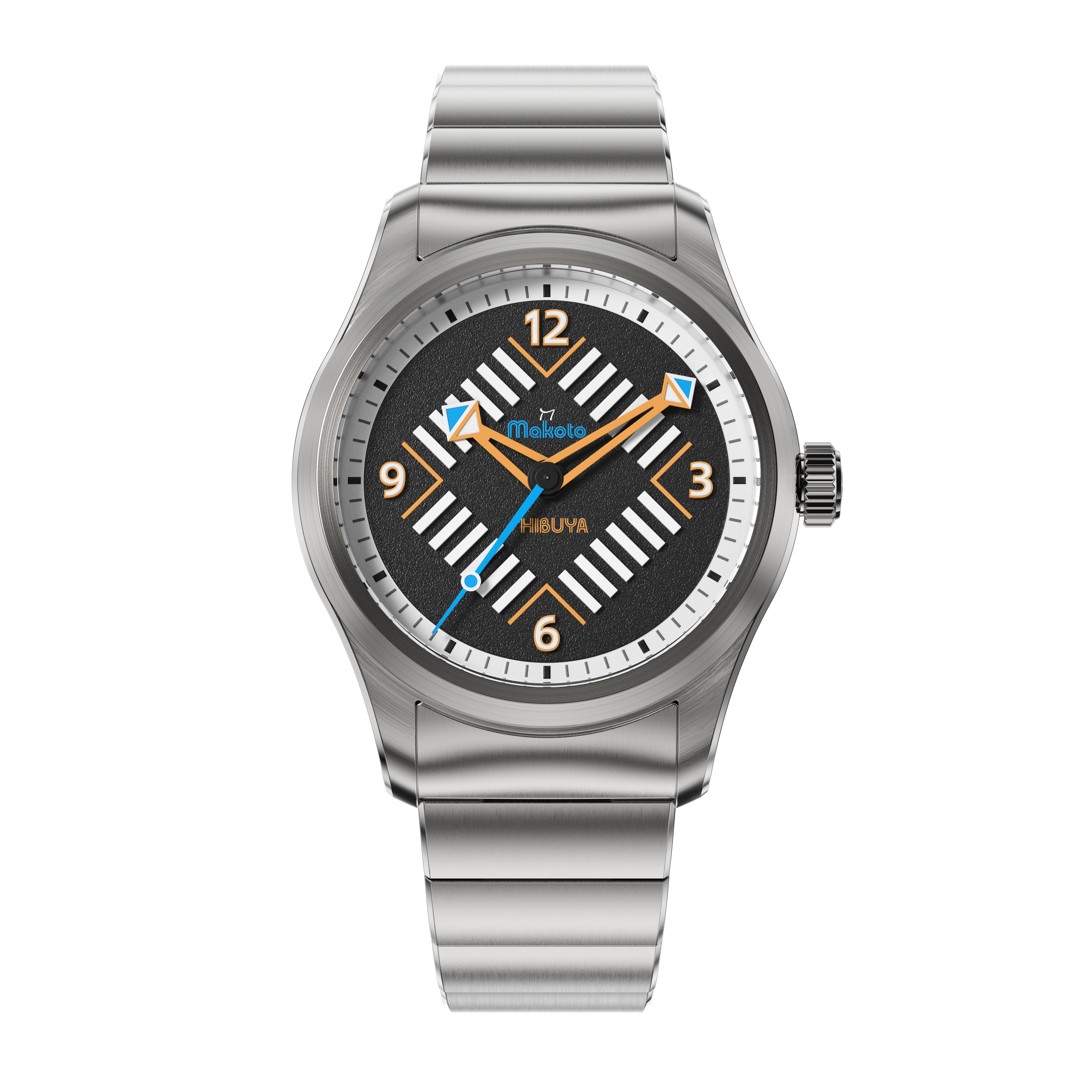
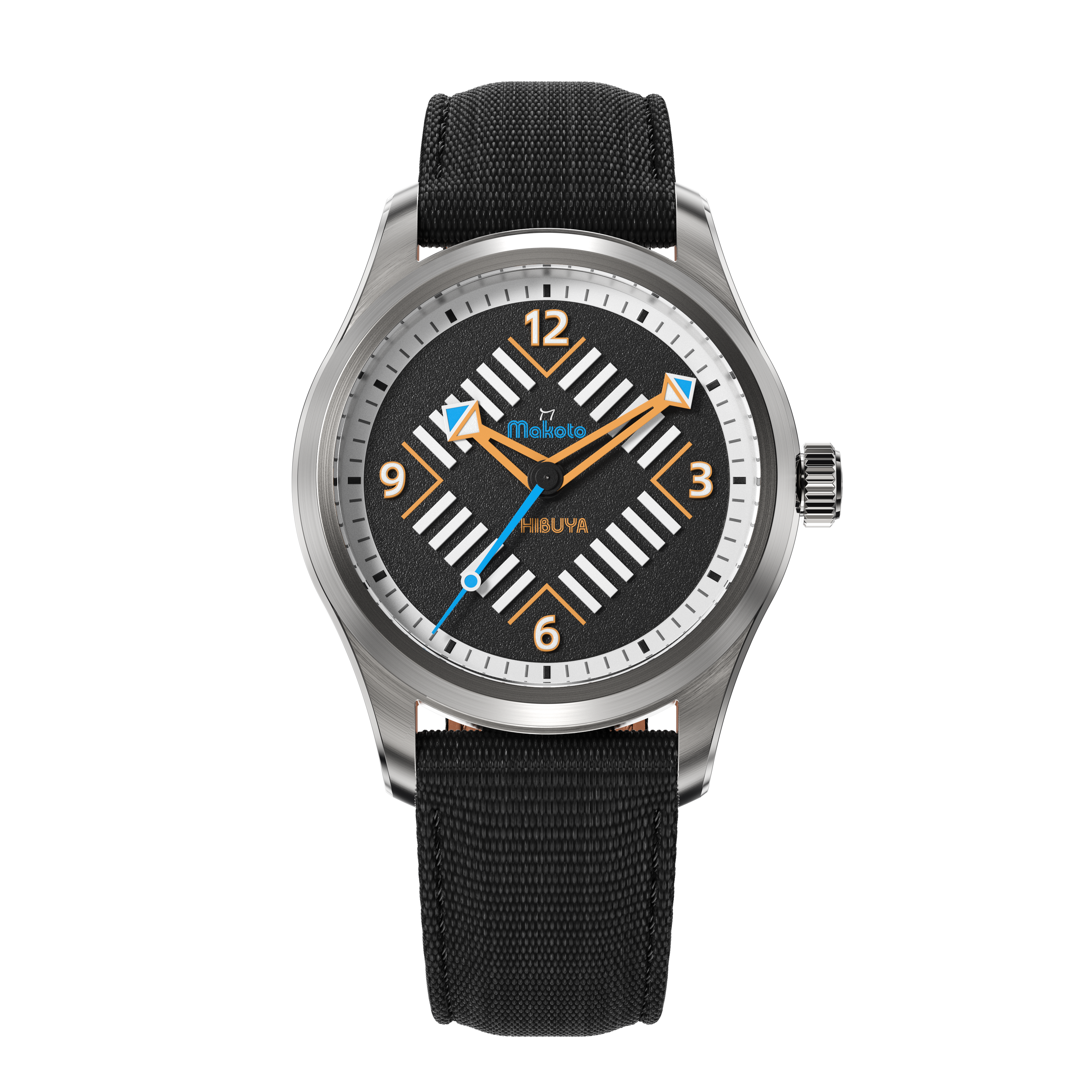
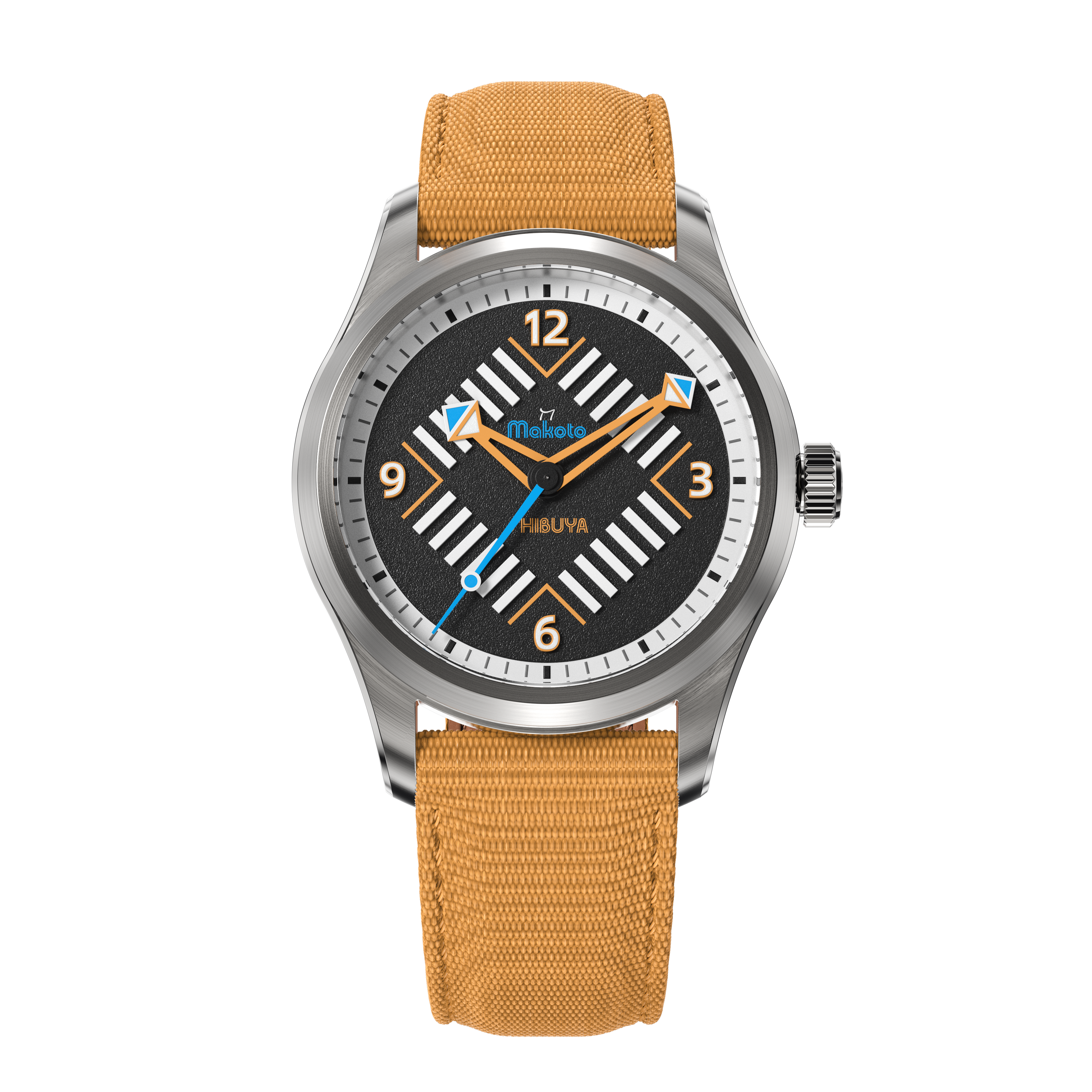

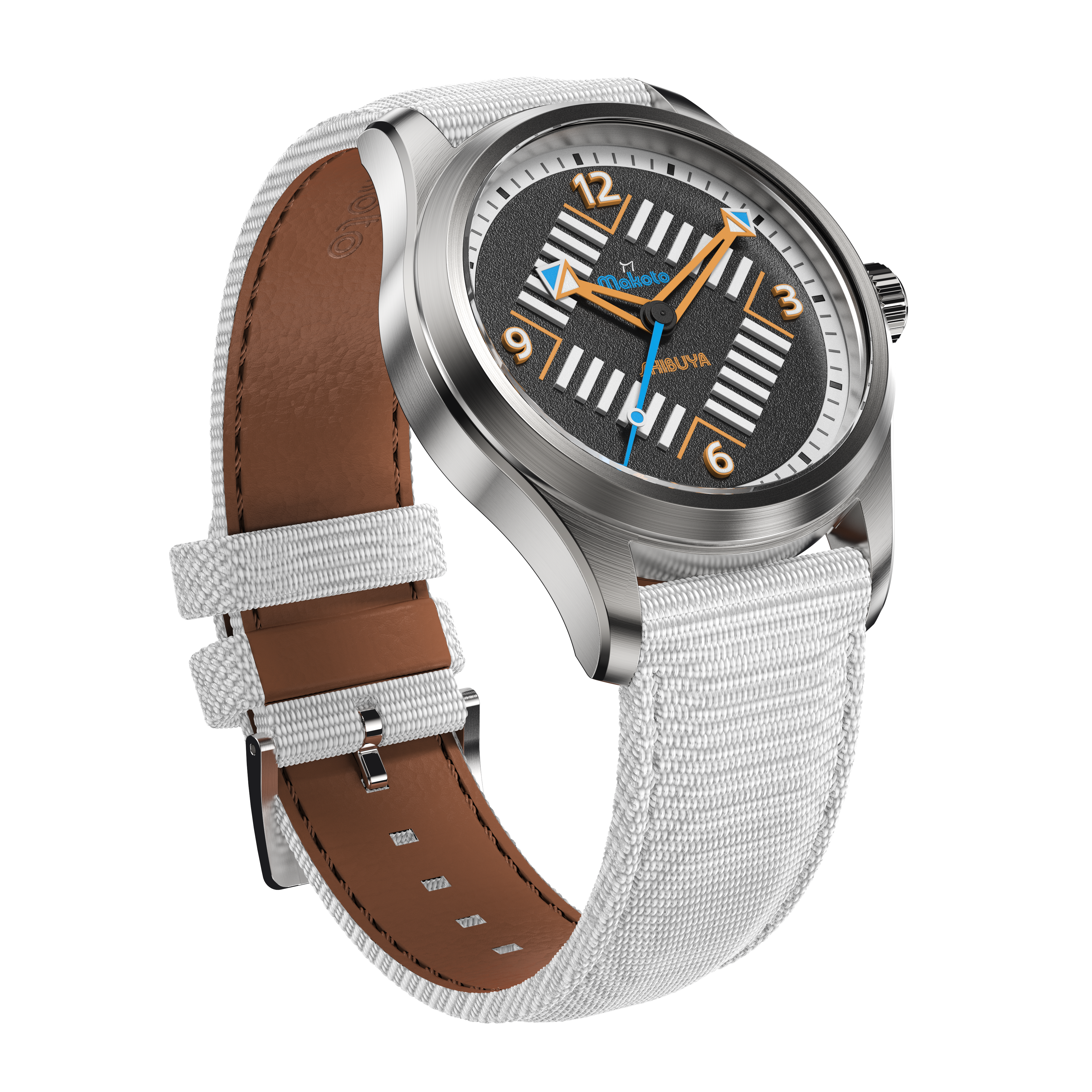


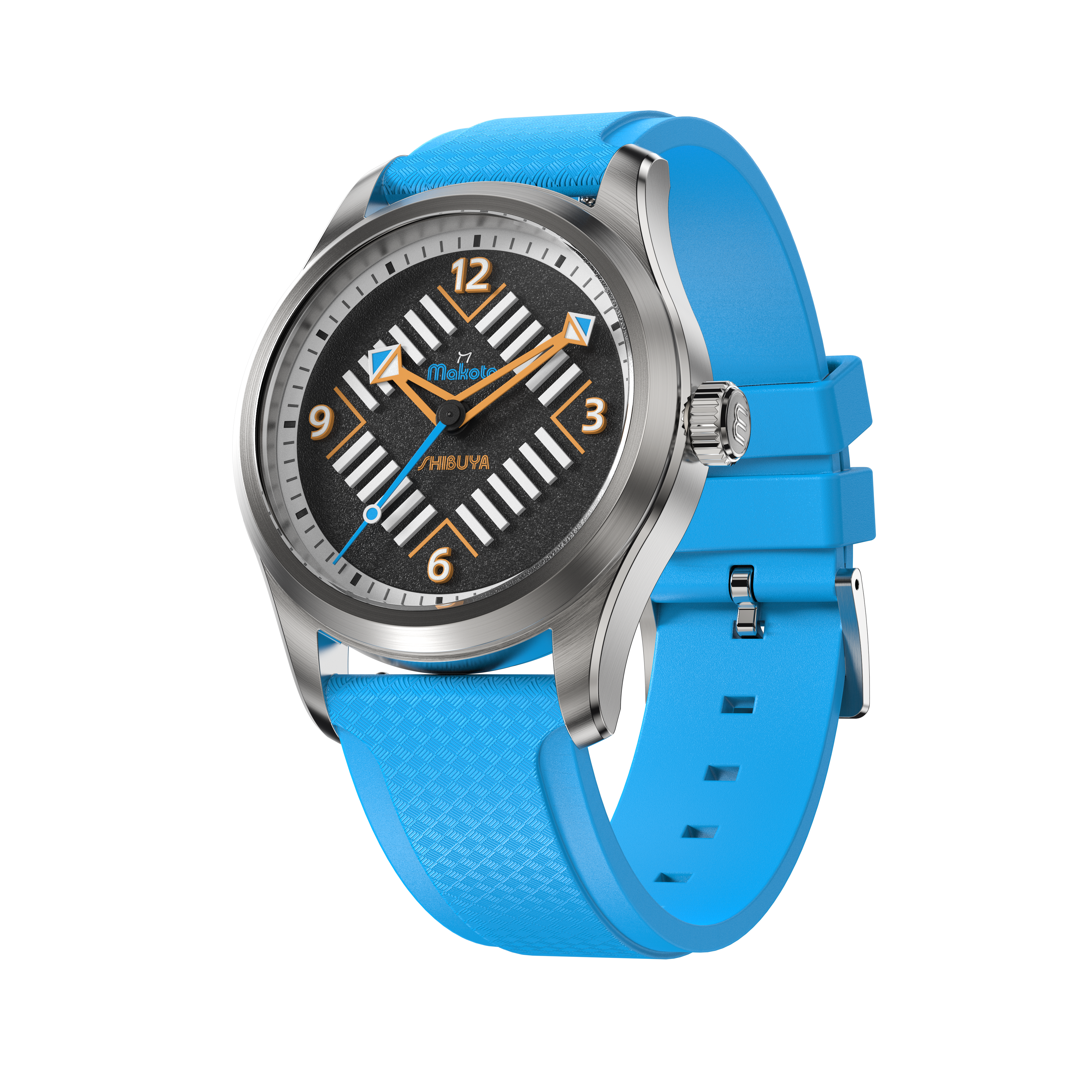
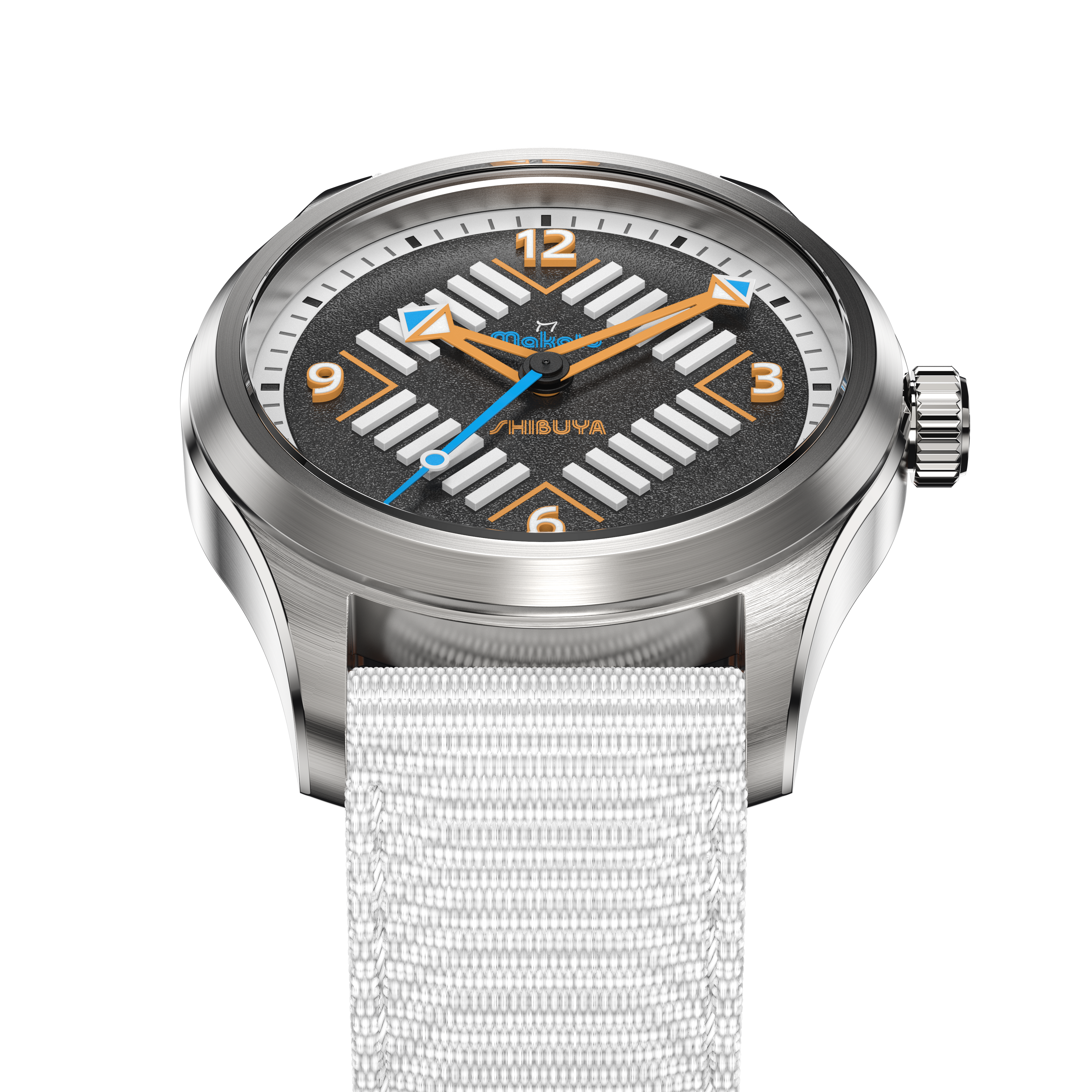


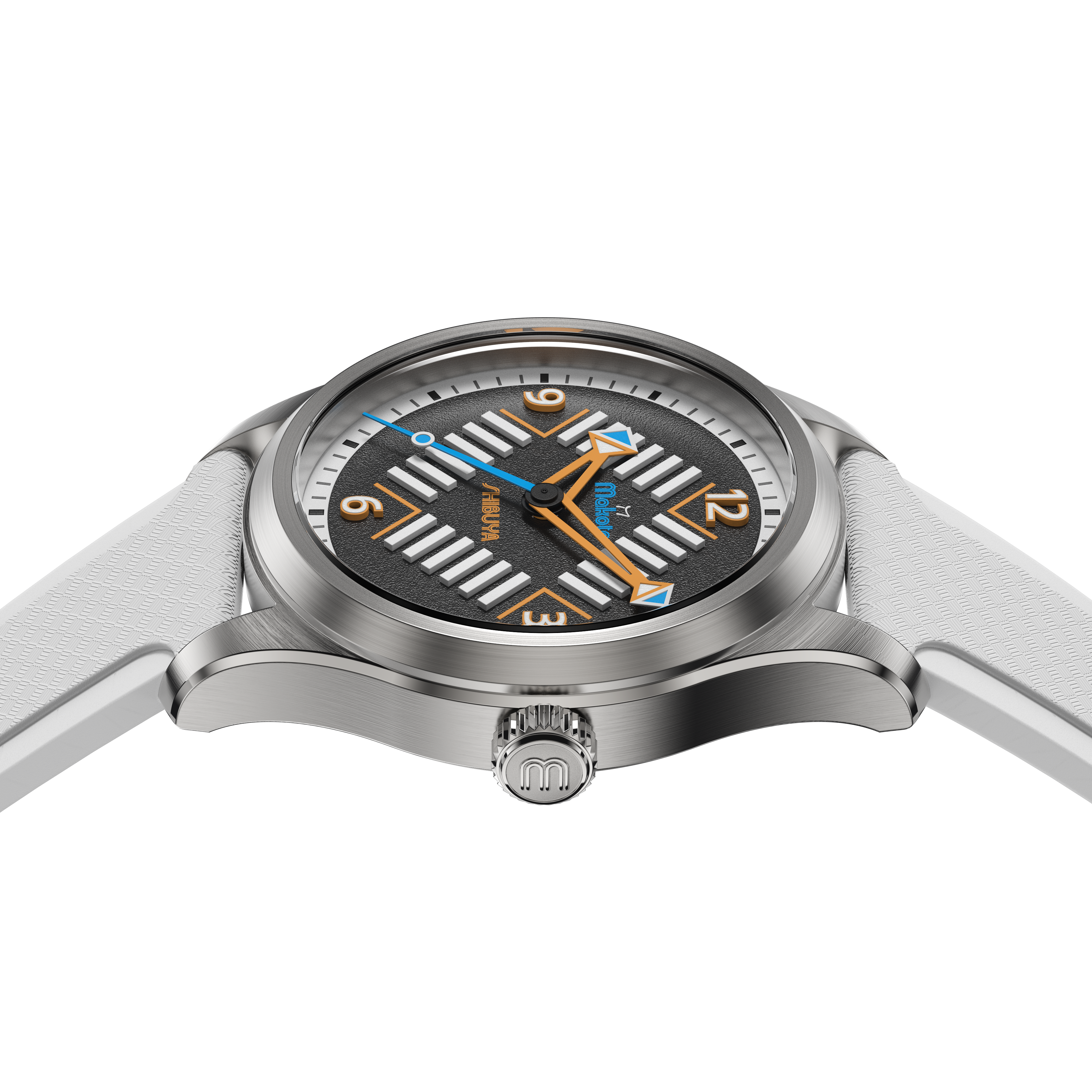
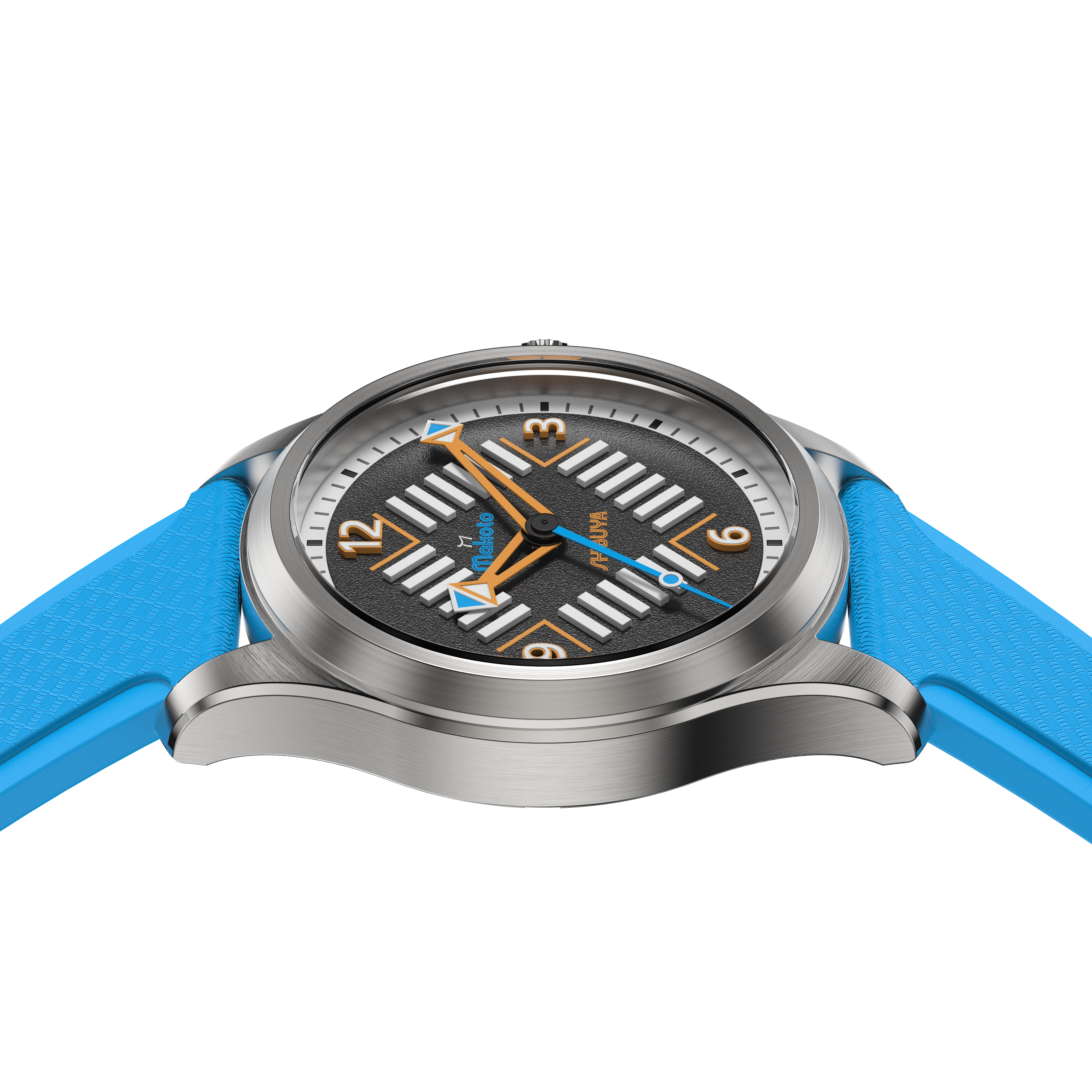
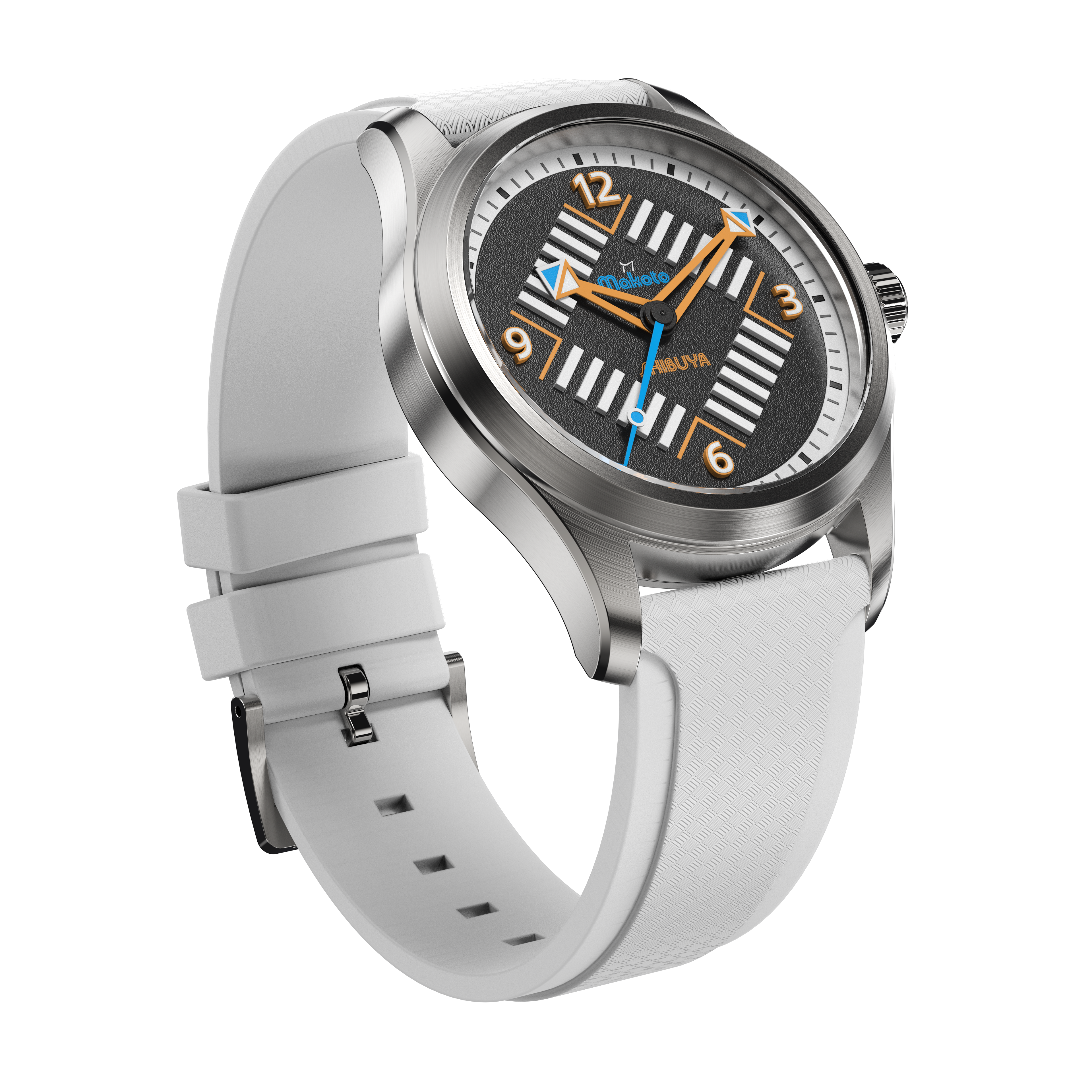
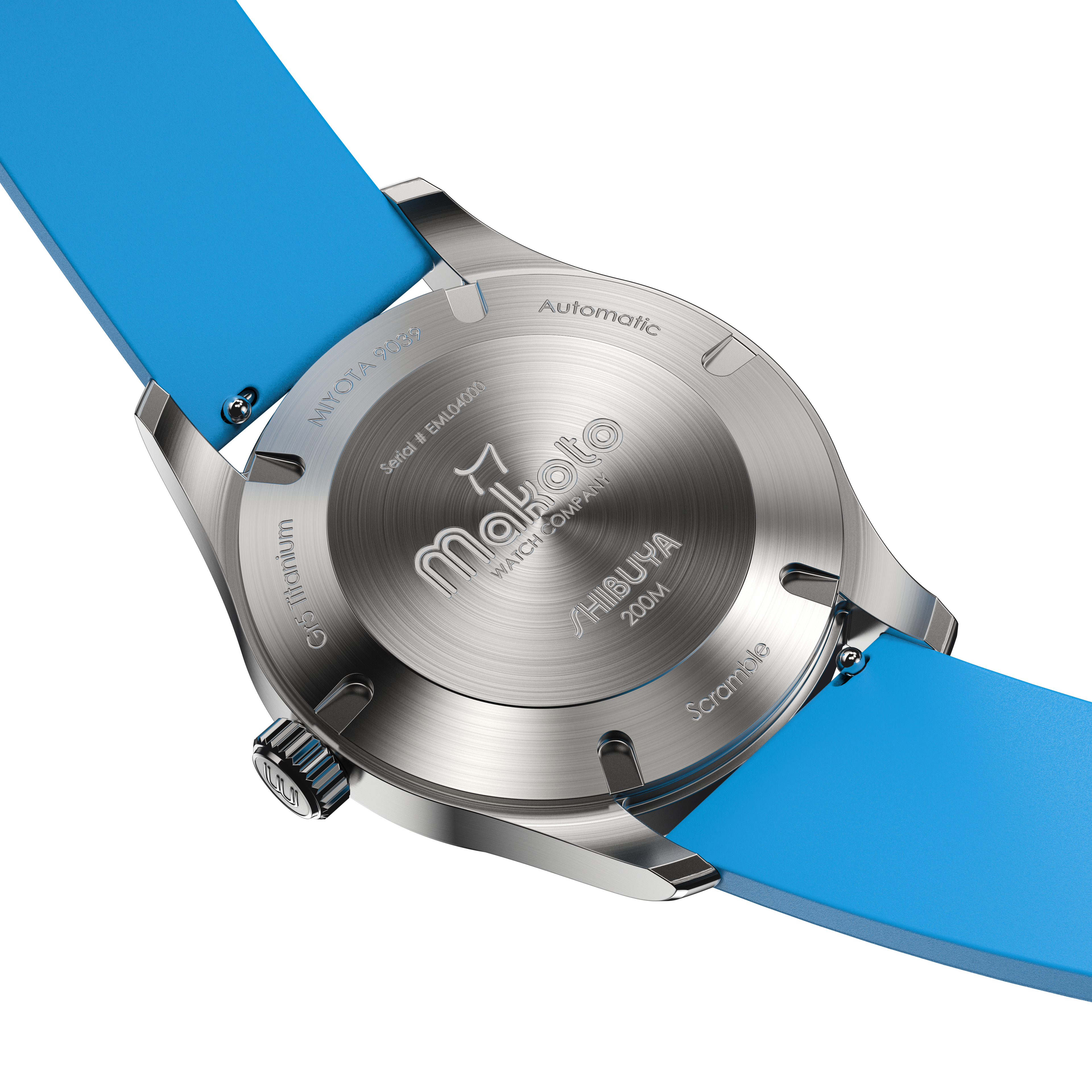

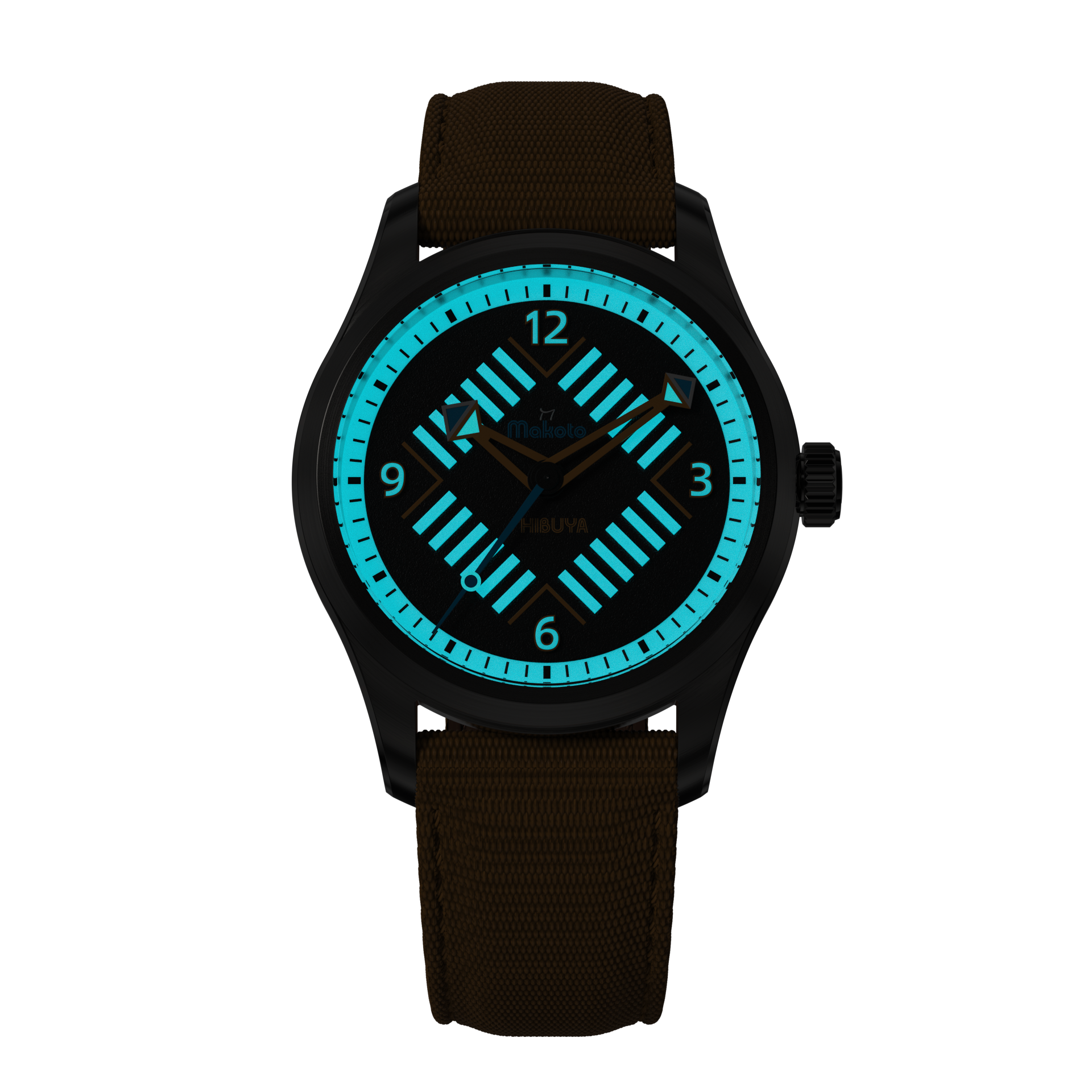
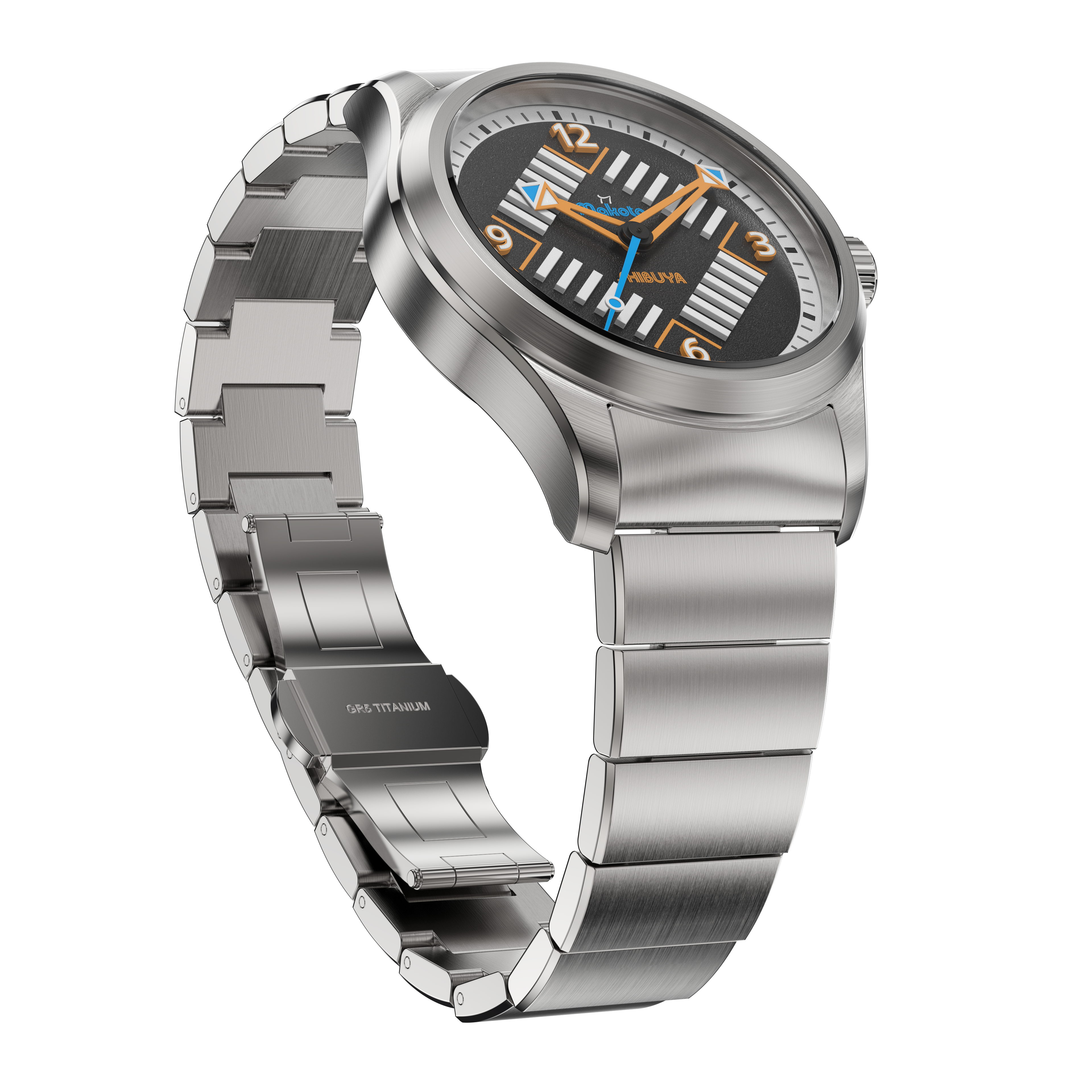
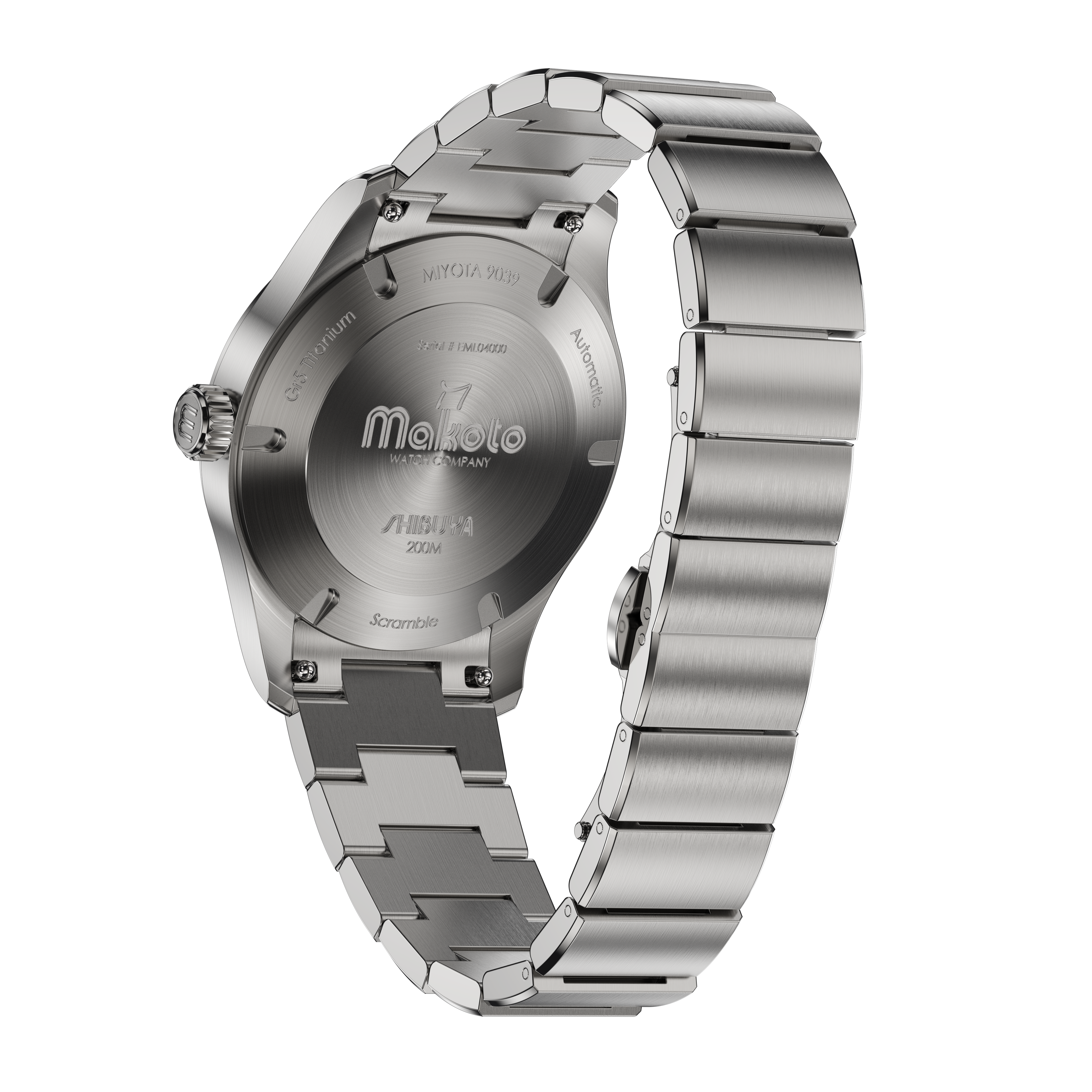
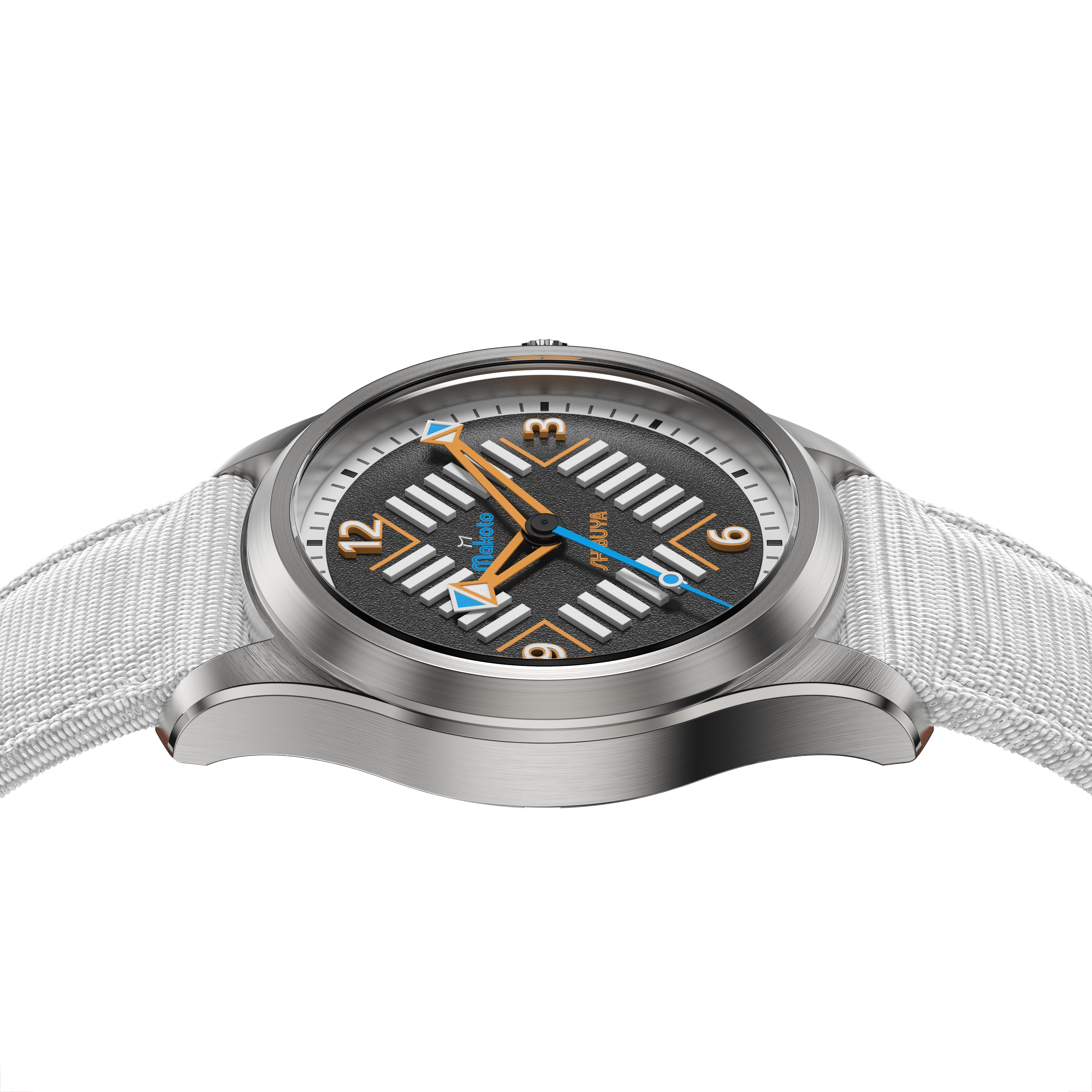
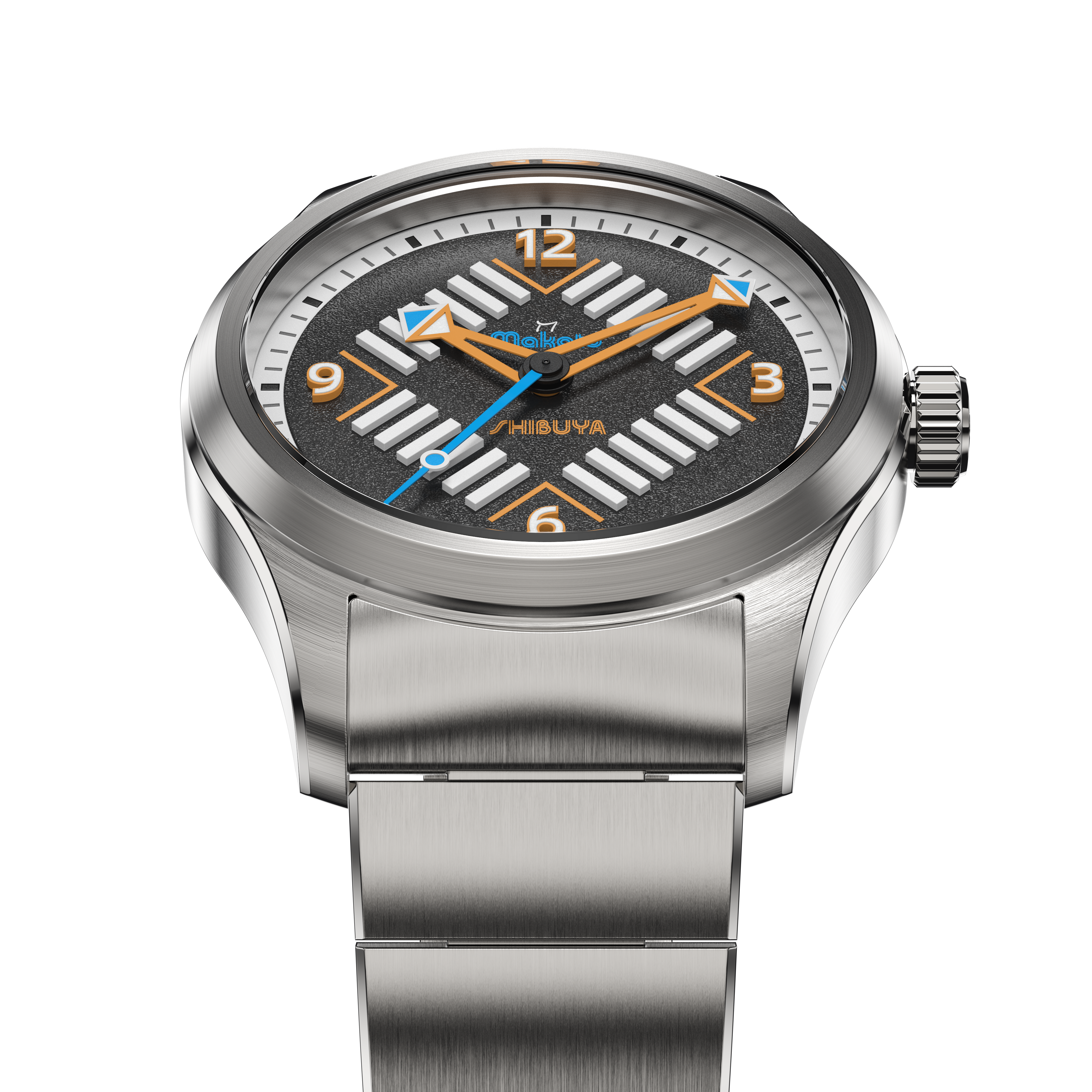
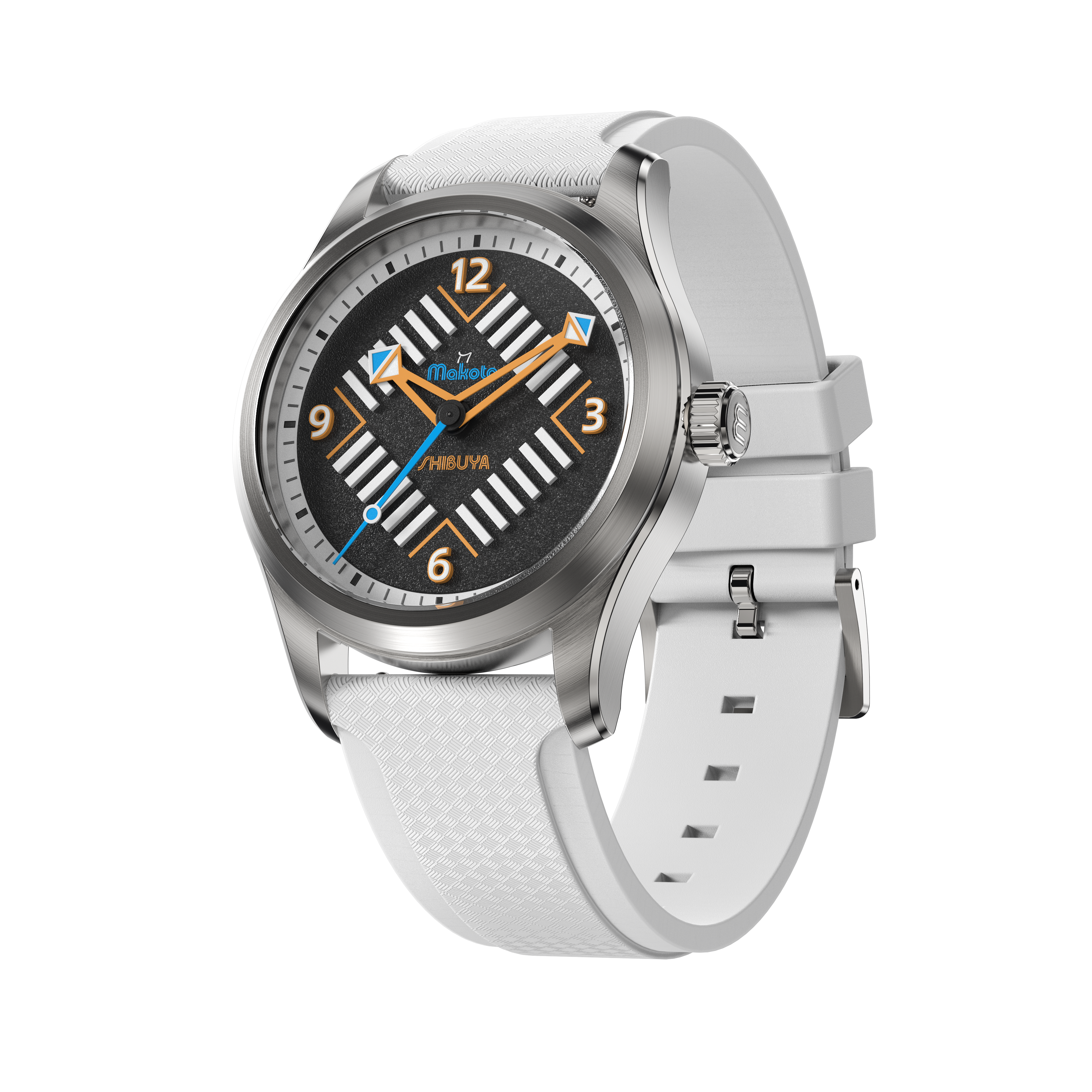






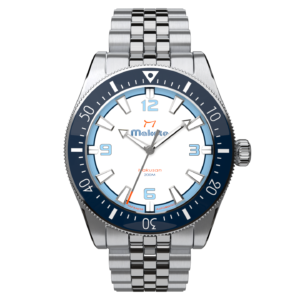
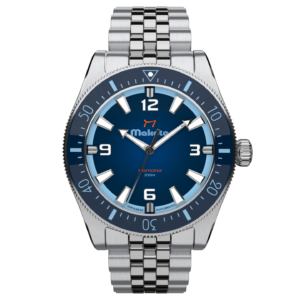
Reviews
There are no reviews yet.